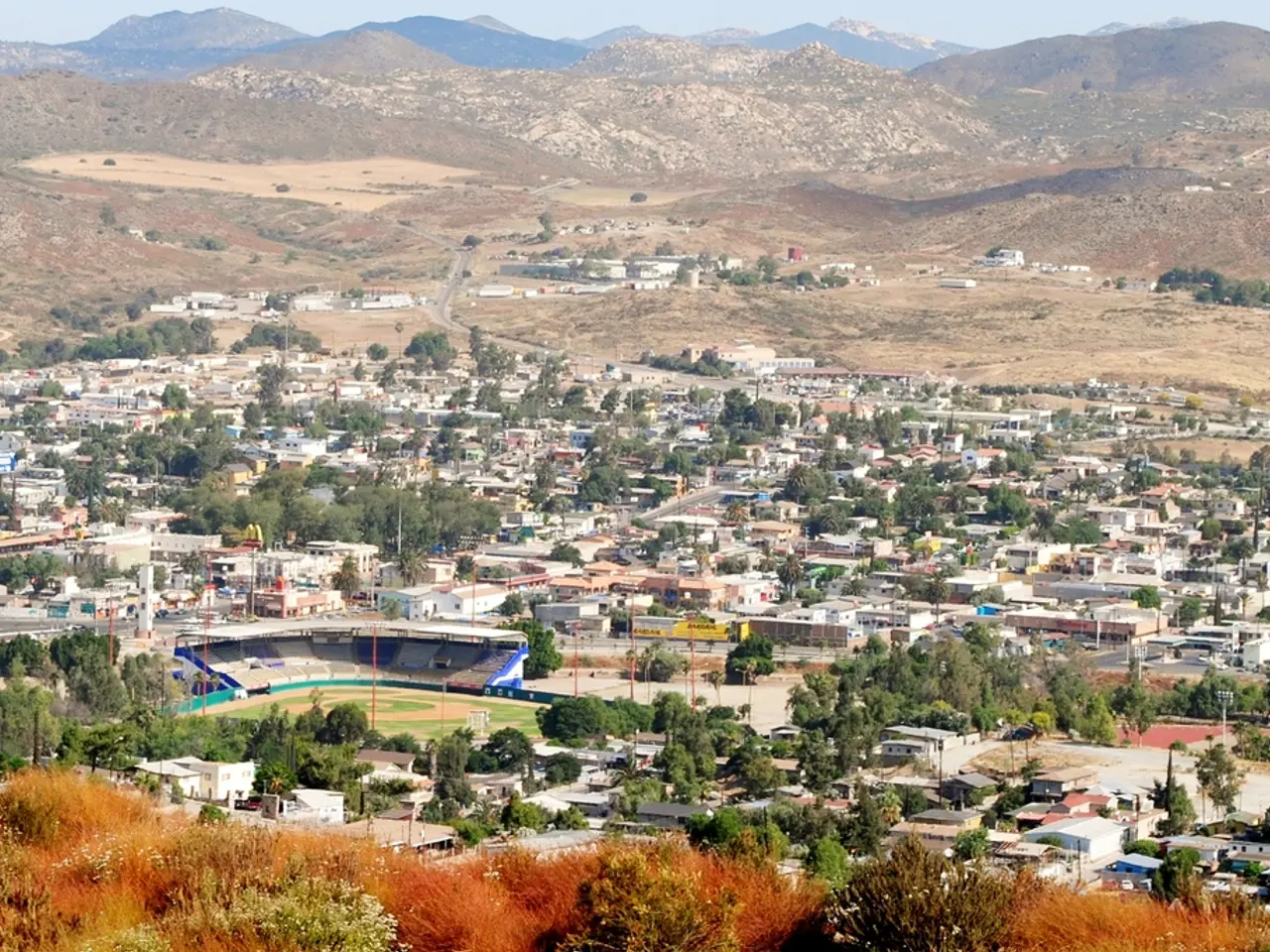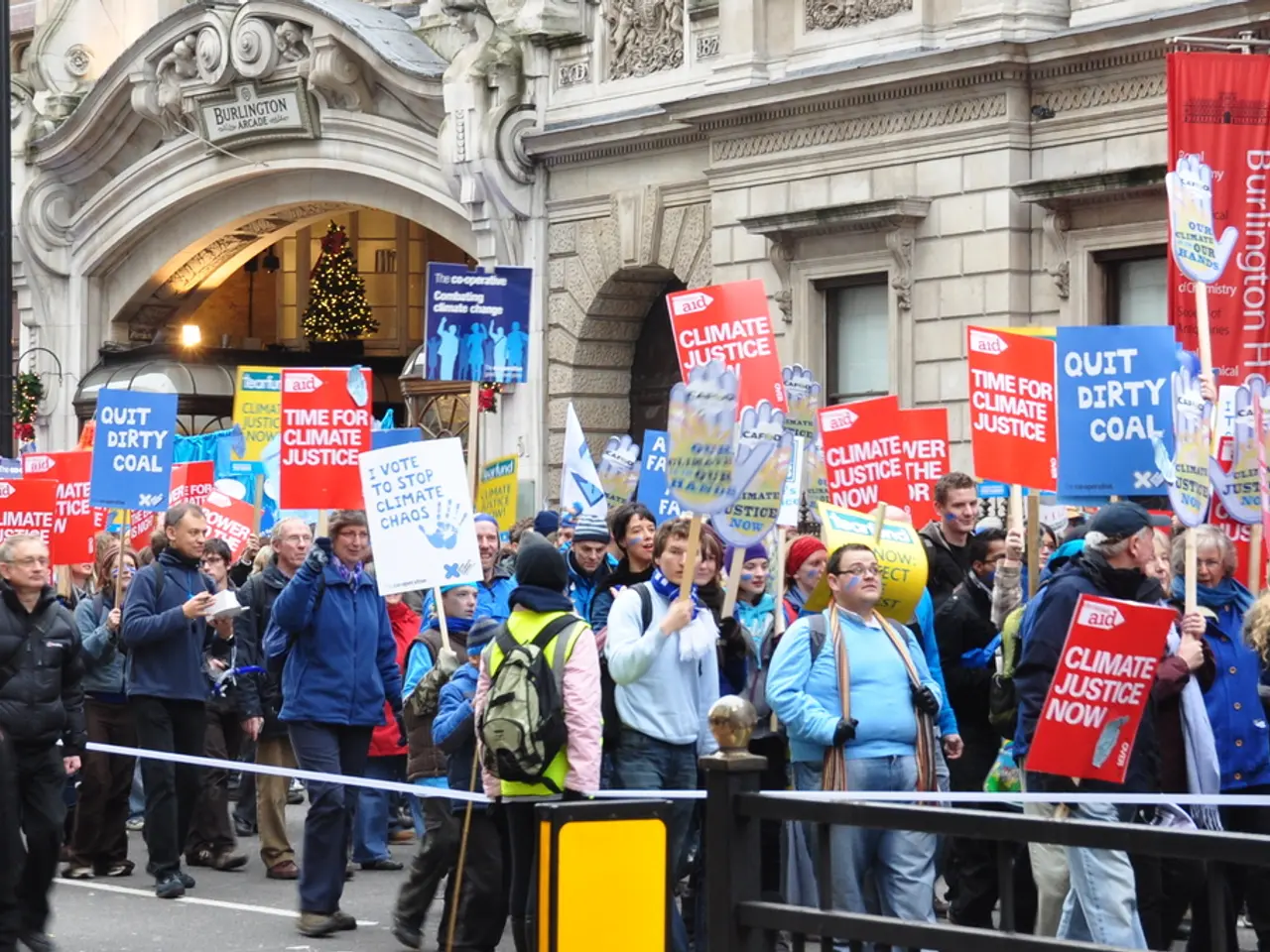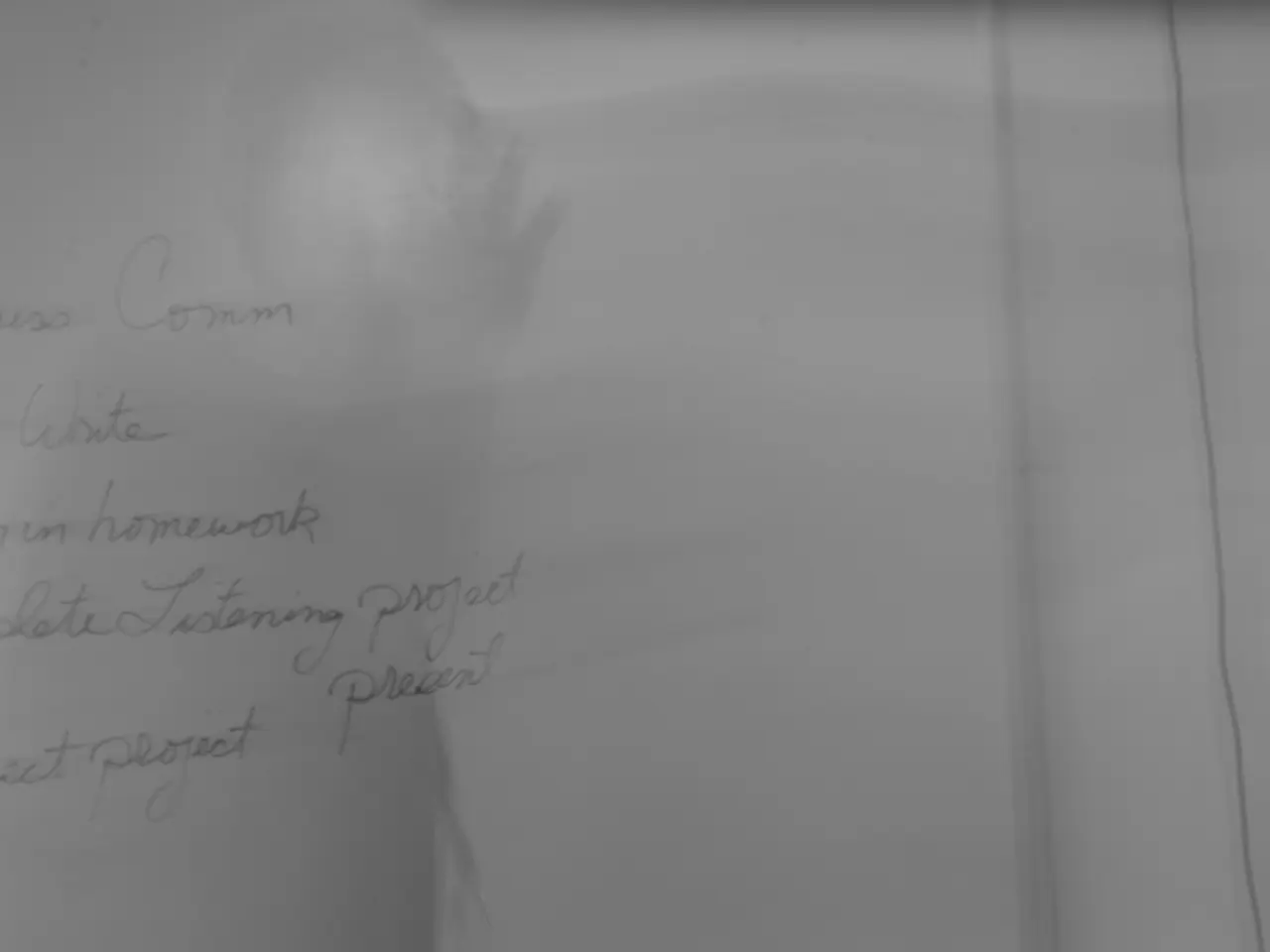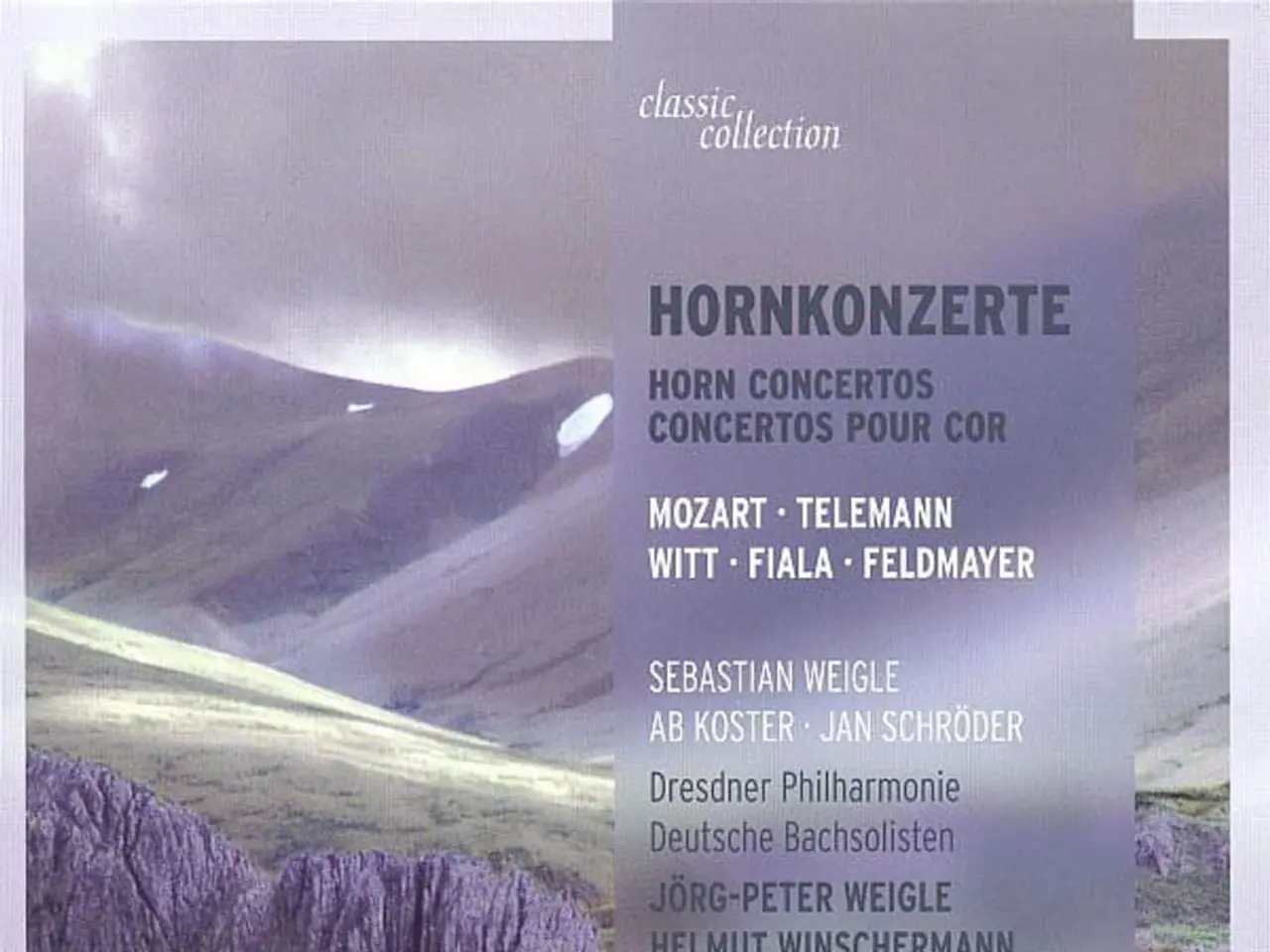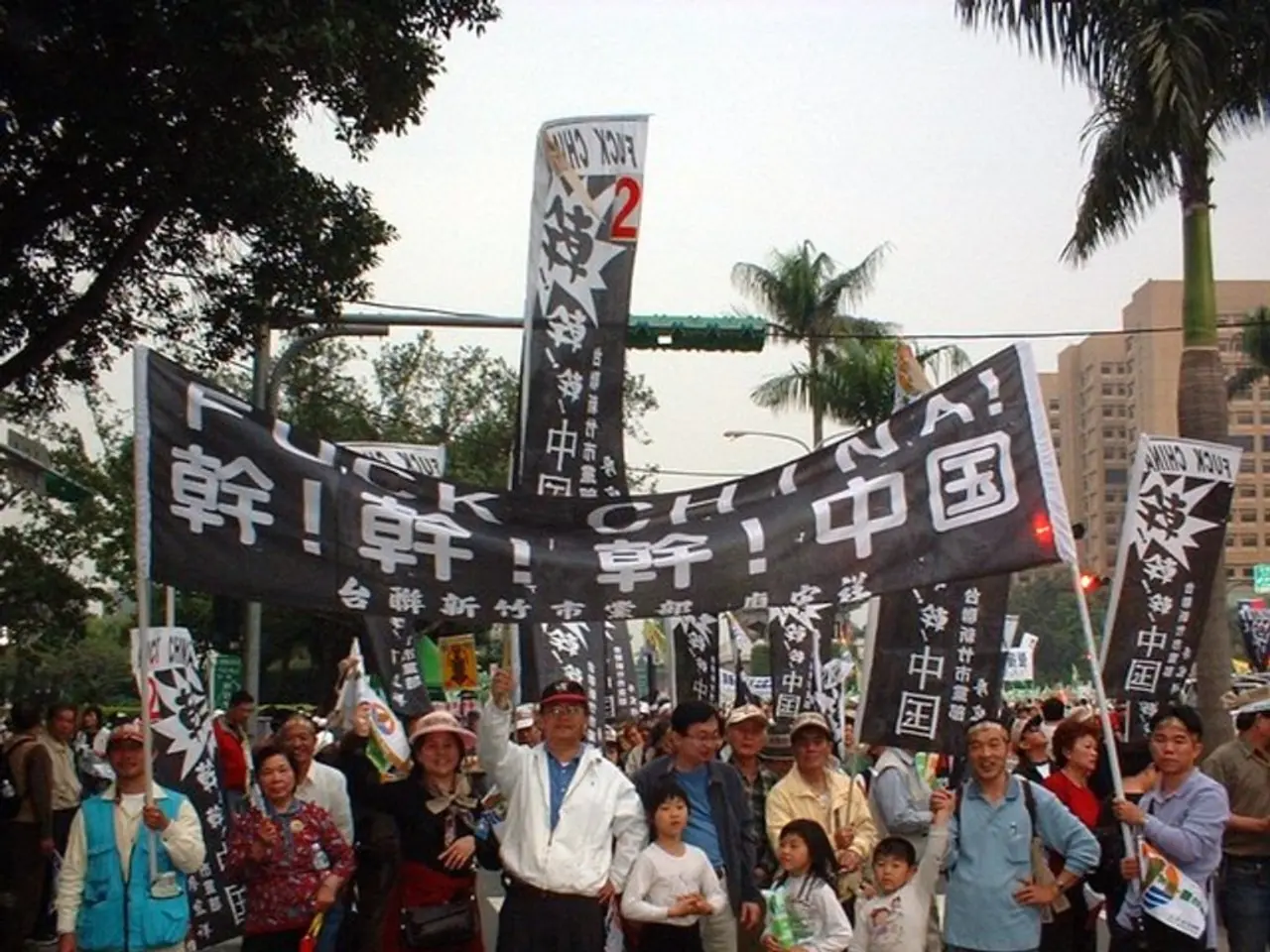High voter participation and approval for constitutional changes, exhibiting geographical diversity
The constitutional amendments passed in the referendum held on 1 July 2020 in Russia have set the stage for the country's political landscape, particularly in the upcoming regional elections in September 2020 and the State Duma elections in 2021.
While precise forecasts for the turnout and voting outcome of the constitutional amendments referendum are not available, it is widely expected that "for" votes for the amendments will be around 60-70%. The key change in the amendments allows Vladimir Putin to potentially remain president until 2036, consolidating his authority and influencing the political environment of upcoming elections.
Alexei Navalny, a prominent Russian opposition figure, campaigned against the referendum, calling the process illegitimate and the results a "big lie" that did not reflect public opinion. Despite these challenges, the ruling party, United Russia, is currently in a more advantageous starting position due to its response to the coronavirus crisis.
The electoral system in Russia involves a mixed-member majoritarian representation for the State Duma, with regional and federal levels closely connected to the central government. Independent election monitoring and opposition participation have faced significant restrictions, suggesting a political climate unfavourable to opposition success in elections.
The tightening of electoral and civil rights laws further restricts opposition opportunities, indicating that the ruling establishment is likely to maintain dominance in regional elections and the 2021 State Duma elections following the constitutional changes. However, in single-mandate constituencies, there's a possibility that several representatives of opposition parties not currently in parliament might gain citizens' support.
The political system of the country approaches the Unified Voting Day with a cautious, but still positive trend. The address of President Vladimir Putin and his previous initiatives have significantly influenced turnout and voting motivations. United Russia needs to present voters with a clear, tangible picture of the post-pandemic societal structure to maintain its position.
The voting on constitutional amendments may have an impact on the regional elections in September 2020, with better results in regions where protective measures against the coronavirus were more effective and social support mechanisms were diligently implemented. The diversity of opinions and freedom of expression are strengths of the political system in Russia.
The preparation for the nationwide voting is going smoothly, with 98% of the population aware of the upcoming vote. Electronic voting on constitutional amendments is seen as a measure to ensure security and another step in the development of electronic services. The social well-being in society is still at a relatively low level, posing a significant risk for United Russia in the election campaign.
The upcoming regional election campaign is unique due to the significant influence of external factors on electoral procedures. All participants in the political process need to adopt a new communication model due to the new reality. The experience of interacting with citizens during the crisis situation should be converted wisely into an electoral platform.
The September elections are a dress rehearsal for the State Duma elections in 2021. Remote procedures for attracting supporters will be in high demand in the election campaign. The opposition, those who disagree with the amendments, have the right to exist and express their views in a democratic state. Electronic voting could boost turnout in the Nizhny Novgorod region due to the tech-savvy youth's embrace of this convenient and technologically advanced voting method.
In sum, while exact turnout figures and vote shares are not detailed, the amendments consolidating Putin’s authority are likely to reinforce incumbent dominance in Russia’s September 2020 regional and 2021 federal legislative elections. Opposition faces severe structural and regulatory hurdles that limit electoral competitiveness under this amended constitutional framework.
- The amendments to Russia's constitution, passed in the referendum held on 1 July 2020, have set the stage for the country's policy-and-legislation, with implications being felt in the upcoming regional elections in September 2020 and the State Duma elections in 2021.
- The political landscape of Russia, particularly in its elections, is heavily influenced by ongoing politics and general news events, such as the constitutional amendments and the response to the coronavirus crisis, which have significantly impacted the ruling party's position and the opposition's opportunities.
